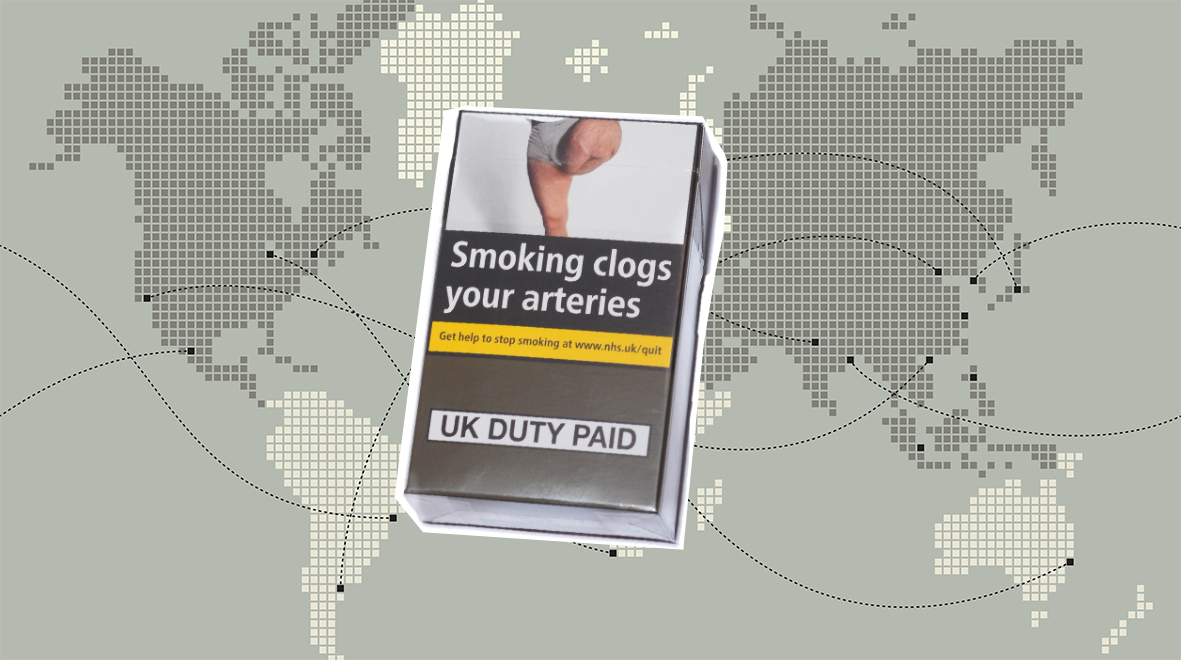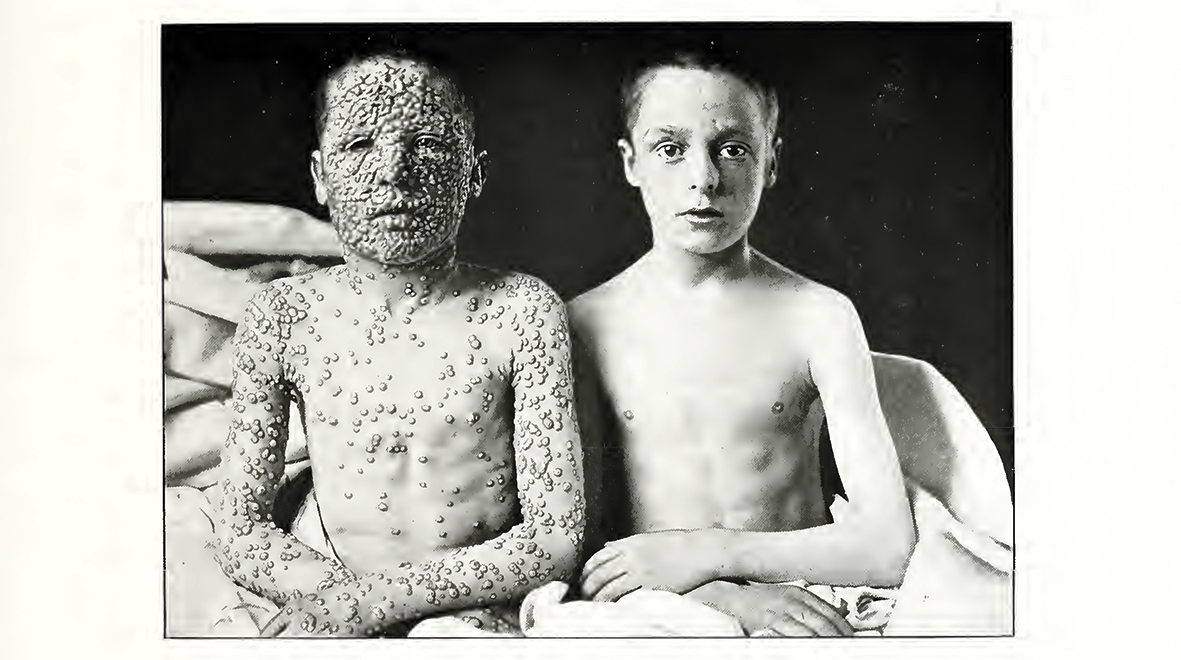
This festive period Three Wise Women from the Faculty of Medicine will be giving us the gift of wisdom.
As vaccines bring hope, Professor Helen Ward reflects on the emotions felt and lessons learned in a year confronting COVID-19.
What a strange year. For me, it has been full of contradictions. From one moment to the next I can feel sadness, frustration, anger but also pride and satisfaction. And guilt.
Sadness at the loss of life and the chronic ill-health that COVID-19 has brought, and for the loss of livelihoods and bleak futures for even more people. Frustration at the response of political leaders when vital decisions have been delayed, and anger that the pandemic has resulted in worsening social inequalities. Pride at my small part in the response, as an advocate for public health action when needed, a researcher co-leading one of the largest epidemiological studies (REACT), and an educator delivering a rapid online course to share the science of the COVID-19 response with over 100,000 learners. But also guilt that I have a secure and well-paid job that I can do safely from home, and that I have found research this year the most stimulating and satisfying of my career. Sometimes that enjoyment seems wrong.
My research career has focused on infectious disease epidemiology, particularly the control of HIV and sexually transmitted infections (STI), alongside teaching public and global health. I look back now and see how much of my career has been training for this pandemic challenge, and has taught me lessons that are very relevant for COVID-19. From my HIV and STI research and clinical work, I learned about the complexities of controlling these infections. Understanding these “social” diseases requires a range of scientific approaches from basic immunology through mathematical modelling to anthropology. (more…)
Read This Christmas is the time to be patient, not to become one in full









